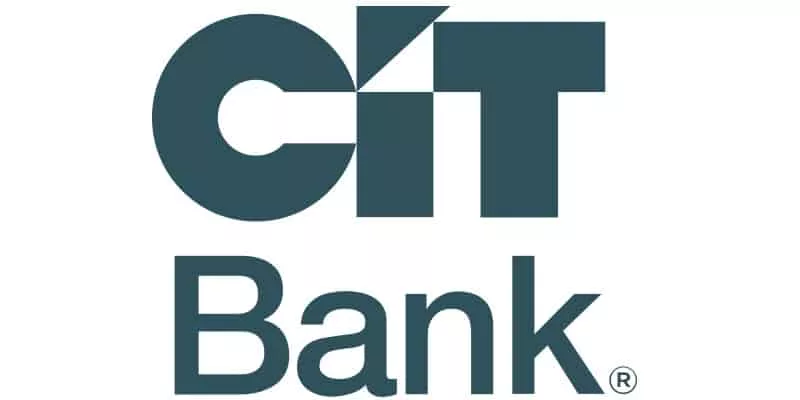One of the best benefits of investing in dividend-paying companies is that you can receive a regular income stream from the dividends paid out. But that means dividends are usually taxable income.
What is Dividend Tax Rate
For investors who own stocks and receive dividend payments, it's important to understand how dividend taxes work. In the U.S., there are different rates and rules that apply to the dividend tax rate depending on the type of dividend: Qualified or Non-Qualified (Ordinary).
- Qualified Dividend – Taxed at the long-term capital gains rate, which is 0%, 15% or 20%, depending on an investor's income and filing status. Verizon (NYSE: VZ) is an example of a qualified dividend that paid regular quarterly dividend payments of $0.65 per share to its investors in 2022 with a 6.49% annual dividend yield.
- Nonqualified or Ordinary Dividend – Taxed at an investor's ordinary income tax rate, which can range between 10% and 37%, depending on income and filing status. An example of Non-qualified dividends are real estate investment trusts (REITs) and master limited partnerships (MLPs). REIT dividends and MLP distributions are generally taxed as ordinary income.
There is an exception for dividends paid by stocks that are held in a tax-advantaged account such as an IRA. These types of dividends aren't taxable in the year paid. Investors only pay taxes on dividends paid by stocks held directly or in a regular brokerage account.
2022 Dividend Tax Rate
For the tax return filed in 2023, here are the dividend tax rates that for qualified dividends:
5 Benefits to investing in companies that pay dividends
1, Regular Income: Investors can receive a regular income stream from the dividends paid out. This can be especially beneficial for retirees or other investors who are looking for a steady source of passive income.
2. Lower Volatility: Dividend-paying stocks offer a less risky investment option. Consistent payments can provide a floor of support for the stock price.
3. Long-Term Growth Potential: Many dividend-paying companies are well-established with a stable history of paying out dividends. These companies often have a track record of consistent earnings growth and are generally viewed as less risky.
4. Compounding Returns: Reinvesting dividend payments can lead to compounding returns over time. The reinvested dividends can purchase additional shares of the company's stock. Over time, this can lead to significant growth.
5. Positive Signaling: Investors should always perform the due diligence in any investment. But in general, companies that pay dividends may be signaling to investors that they are financially healthy and confident in their future growth prospects.
5 Drawbacks to investing in companies that pay dividends
While there are many potential benefits to investing in companies that pay dividends, there are also some potential drawbacks to consider.
1. Limited Growth Potential: Companies that pay high dividends may have less money available to reinvest in the business, which can limit their potential for growth. This can be a concern for investors who are looking for companies with high growth potential.
2. Limited Flexibility: Companies that pay dividends are committed to distributing a portion of their profits to shareholders, which can limit their flexibility in terms of capital allocation. This can be a concern for investors who are looking for companies that are able to respond quickly to changing market conditions.
3. Dividend Cuts: Companies may be forced to cut or eliminate their dividends in the event of financial difficulties or other challenges. This can be a concern for investors who are relying on the income generated by their investments.
4. Tax Implications: Depending on the tax laws in your country, dividend income may be subject to higher tax rates than other forms of investment income. This can reduce the overall returns generated by the investment.
5. Price Volatility: While dividend-paying companies may exhibit lower volatility than non-dividend-paying companies, they are not immune to price fluctuations. Changes in interest rates, economic conditions, or other factors can lead to declines in the stock price, which can offset the benefits of dividend payments.
Tax-free dividends
Tax-free dividends are dividend payments that do not have to be included in your taxable income. Qualified dividends, or dividends paid on municipal bonds, are often considered tax-free dividends. Additionally, if your taxable income falls below a certain threshold, you may also receive some tax-free dividends as well.














